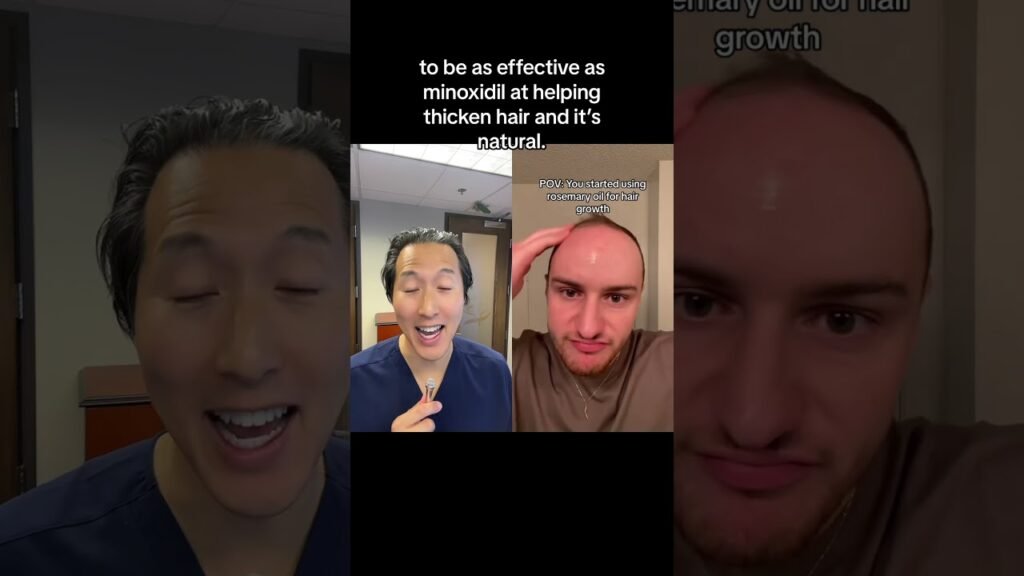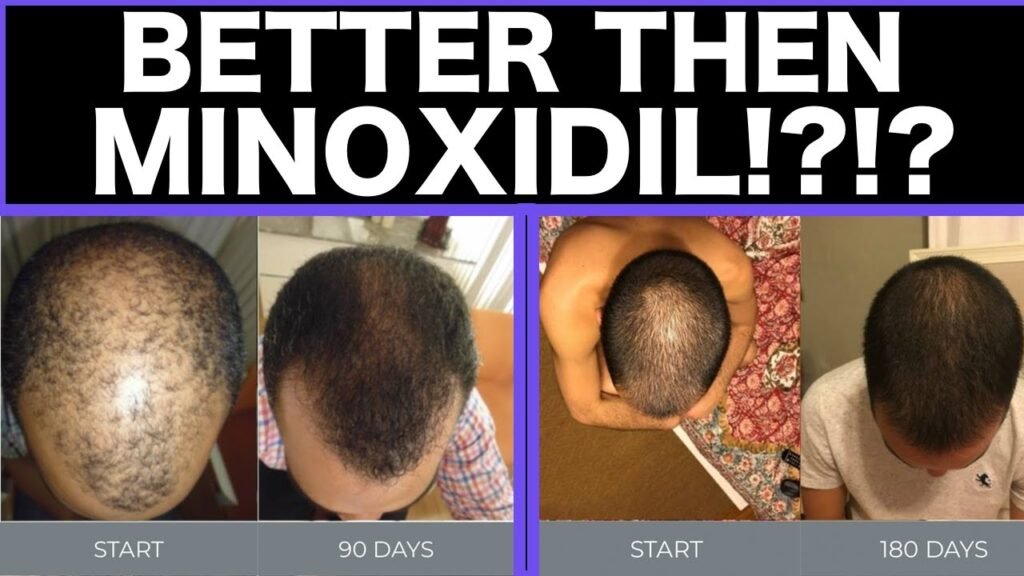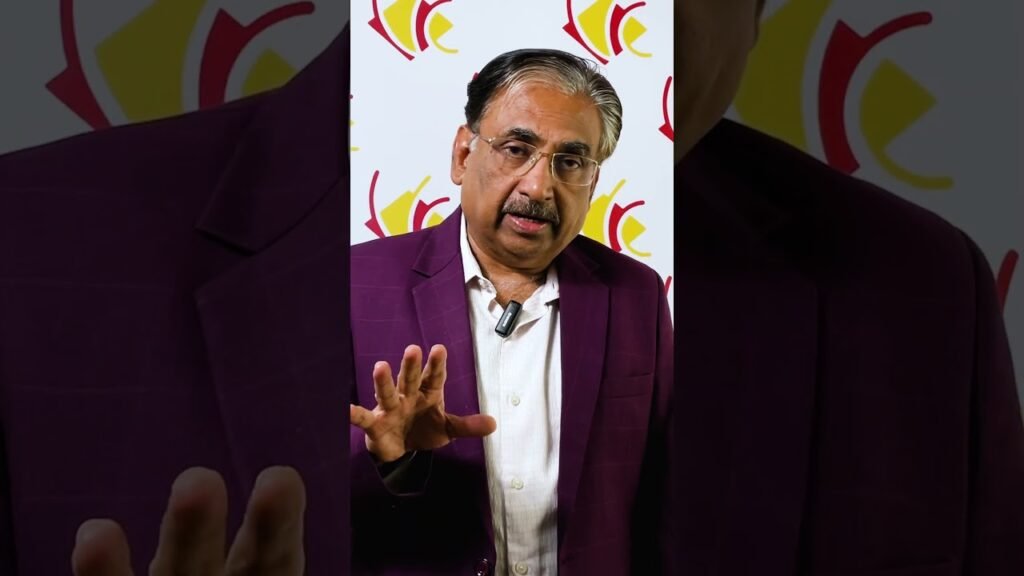Which is better: Minoxidil vs essential oils
When it comes to hair growth and combating hair loss, the debate between Minoxidil and essential oils is prevalent among those seeking natural or medicinal solutions. Minoxidil, a clinically proven topical medication, is often recommended for its ability to stimulate hair follicles and promote regrowth. It is FDA-approved for treating androgenetic alopecia and has been shown to increase hair density and thickness over time. However, users may experience side effects such as scalp irritation or unwanted facial hair growth, which can deter some individuals from its use.
On the other hand, essential oils offer a more natural approach, utilizing plant-based extracts such as lavender, rosemary, and peppermint oils. These oils are celebrated for their therapeutic properties and are believed to improve scalp health, increase circulation, and strengthen hair follicles. Many people prefer essential oils for their holistic benefits and minimal side effects, though scientific evidence supporting their efficacy in hair regrowth is limited compared to Minoxidil.
Effectiveness and Side Effects
While Minoxidil has a well-documented success rate, essential oils offer a gentler alternative with fewer side effects. Minoxidil requires consistent application, typically twice daily, and users often notice improvements after several months of use. Essential oils, in contrast, can be incorporated into daily hair care routines through scalp massages or as part of shampoo formulations, offering a more versatile usage. Despite the lack of substantial scientific backing, anecdotal evidence suggests that essential oils may improve hair health and encourage growth, making them an appealing option for those wary of chemical treatments.


